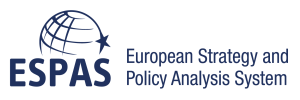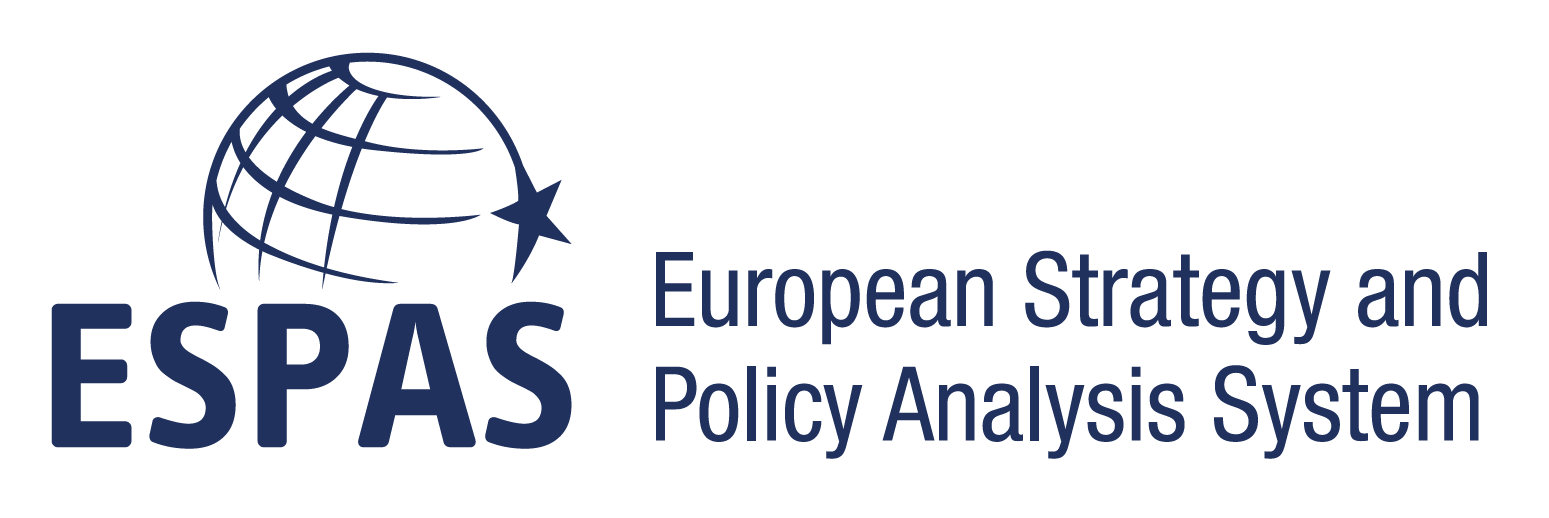Written by Eamonn Noonan, Adriana Galardini (both EPRS) and Michela Delle Coste (DG SGAD)

The third panel on day two dealt with long-term trends in geopolitics. The session was chaired by Maciej Popowski of the European External Action Service. Mr Popowski began by referring to the global power shift currently underway, to which the EU is responding with a thorough review of its own external strategy. Some big questions arise: one concerns American leadership, which will be assessed by the USA’s capacity to respond to crises; the EU also needs to consider its own system of alliances. The transatlantic partnership is crucial, but it is not enough. How can the EU develop its relations with China, or Russia? What of regional organisations, which are assuming larger responsibilities in some areas, as with peacekeeping in Africa?
The rise of Asia and changing perceptions of the nation state
Dr Jonathan Holslag of the Free University of Brussels suggested that Asia is becoming one geopolitical entity: its subdivisions are becoming less relevant, and the interconnector is China. China now spends more on defence than Japan, South Korea and India combined.
Sir Robert Cooper, Senior Fellow at the Dahrendorf Forum, noted that the European world (i.e. European pre-eminence) ended with the end of the Cold War. Now we have non-European Great Powers, including former developing countries. The world is more foreign to us.
The panel discussed the apparent paradox that, while the West is increasingly disenchanted with the nation state, the East is embracing it vigorously. The emerging powers are self-absorbed and fiercely sovereign, according to Cooper. Holslag noted that loss of trust is also appearing in China, as less of the spinoff from economic growth benefits the general populace.
It is also paradoxical that society is more diverse and more empowered than ever, but at the same time, closer regulationmeans that states are more powerful than ever.
[youtube=https://youtu.be/SE99qVaKYY4&w=640&h=389]
Security challenges
The transatlantic relationship is fundamental, and NATO has found renewed vigour in the light of Russia’s actions. It must however strengthen cooperation where there are common weaknesses. There are also areas where US and European perceptions diverge. Hard politics is back, and NATO is being tested. Attempts are underway to exploit bilateral commercial relations to divide EU countries, for example. The migration crisis has a geopolitical dimension, and military power is no longer a monopoly of the state.
The US will remain the leading military power for a long time. Yet Saudi Arabia now has the fourth largest defence expenditure in the world: ahead of both the UK and France, and only slightly behind Russia. This seems to suggest a lack of faith in the US as the guarantor of international order.
Economy, technology and geopolitics
Economic and technological developments have major implications for international relations. The US and Europe are struggling to maintain their leadership on technology, and it is important to work together in a balanced, confident relationship. Demographic trends show the EU and US populations ageing, with Africa and Asia experiencing a youth ‘bulge’.
Read the complete report from the conference.
China faces big challenges on inequality (both urban/rural, and coastal/interior). The government strategy is to make a big push now to achieve high income status by 2021 (US $ 12,000 p.c./p.a.). The Chinese will then rebalance with social reforms. This push will stimulate China to be more aggressive in foreign trade policy. The Chinese economic model of cooperation with other countries has an exploitative aspect: over time, the partner’s economy may suffer, rather than develop.
The conclusion of the Transatlantic Trade and Investment Partnership (TTIP) would reinforce the US-EU relationship, but Europe does not align with the US on every issue – the Asian Development Bank being a case in point. The Member States will continue to seek to develop bilateral commercial relations with China.
Challenges and opportunities for the EU
Dr Alexandra de Hoop Scheffer of the German Marshall Fund pointed out that no European leader is currently promoting the European project: the only ones talking passionately about the EU are its opponents. This should be redressed; the younger generation needs to hear a new narrative and a new rationale for European union. Another paradox was mentioned: people are more connected – but they participate less.
All agreed that deep internal divisions and lack of cohesion among Member States were serious problems. A problem of legitimacy and lack of credibility undermines Europe’s political institutions.
While the EU remains an attractive place to live – and a magnet for migration – it must overcome these weaknesses, otherwise it faces being eclipsed by emerging powers in the international arena. This calls for resolute leadership.








[…] Source Article from http://epthinktank.eu/2015/12/10/espas-global-trends-2030-future-geopolitics-panel/ […]